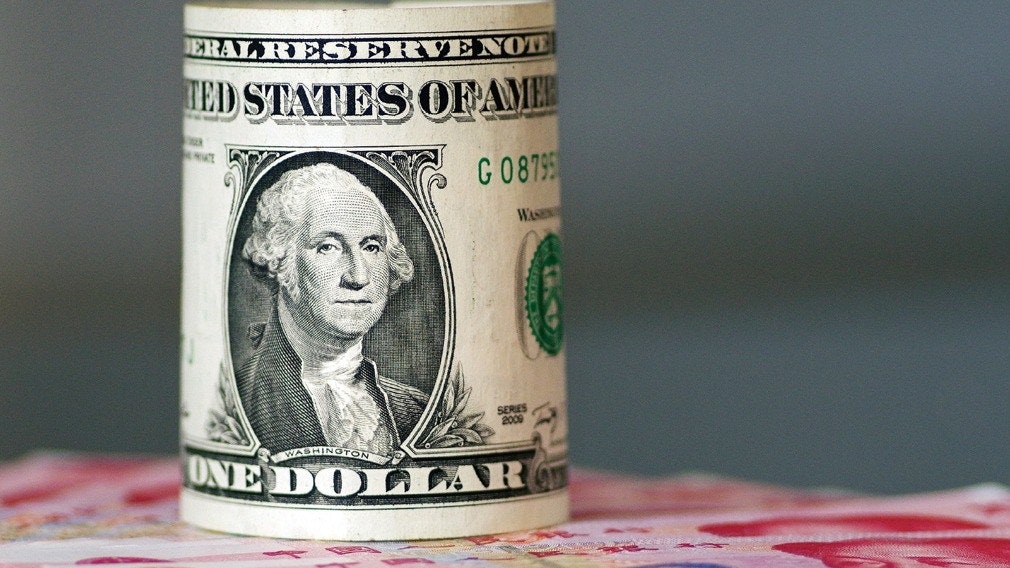Donald Trump said that he is not ready to reach an agreement with China now, suggesting that the US-China trade war will become a long-term war. In the future, there will still be many contests between the United States and China.
Comprehensive media reported on August 9 that US President Donald Trump said that although he is advancing the signing of a trade agreement with China, he is not ready to reach an agreement.
Trump said at a press conference held at the White House on August 9th, “We are having a dialogue with China and talking very well,” but he later said, “What China wants to do, but I have not Be prepared, and emphasize that “China has been abusing its relationship with the United States for the past 25 years, and we will be concerned about the progress in the future.”
Trump responded that Trump violated his promise to suspend the US-China and Chinese telecom equipment manufacturer Huawei trading license and banned the US government from purchasing Huawei equipment. Trump responded that the US will not do business with China’s telecommunications equipment giant Huawei. When the trade agreement is reached between China and the United States, the situation will change.
South Korea’s New Zealand News Agency reported on August 10 that Trump had repeatedly stressed that “China is in an urgent need to reach an agreement,” but after seeing China’s apparent slowdown in negotiations and a tough attitude, Trump also recognized China-US trade negotiations. It will be a long-term process.
It is expected that China and the United States will still have a stage of mutual “comparison” and mutual attack. In the short term, the global economy will still be hit by the contradictions between the world’s two major economies.
For the tough measures that the United States will take next, perhaps White House trade consultant Peter Navarro can give some answers.
The US Consumer News and Business Channel (CNBC) reported on August 9 that Navarro said in an interview that the White House will adopt “strong measures” to prevent the devaluation of the renminbi.
South Korea’s New Zealand News Agency reported on August 10 that the devaluation of the renminbi is a topic of sensitive concern in the United States in the context of the escalation of the China-US trade war to the exchange rate war. Earlier, the U.S. Treasury Department first designated China as a currency manipulator on 25 August.
Navarro criticized that “China has depreciated its currency by more than 10%, its obvious intention is to invalidate tariffs,” and believes that China will actually bear all the burden of manipulating the exchange rate and lowering prices. “China will bear more than us. More damage.”












